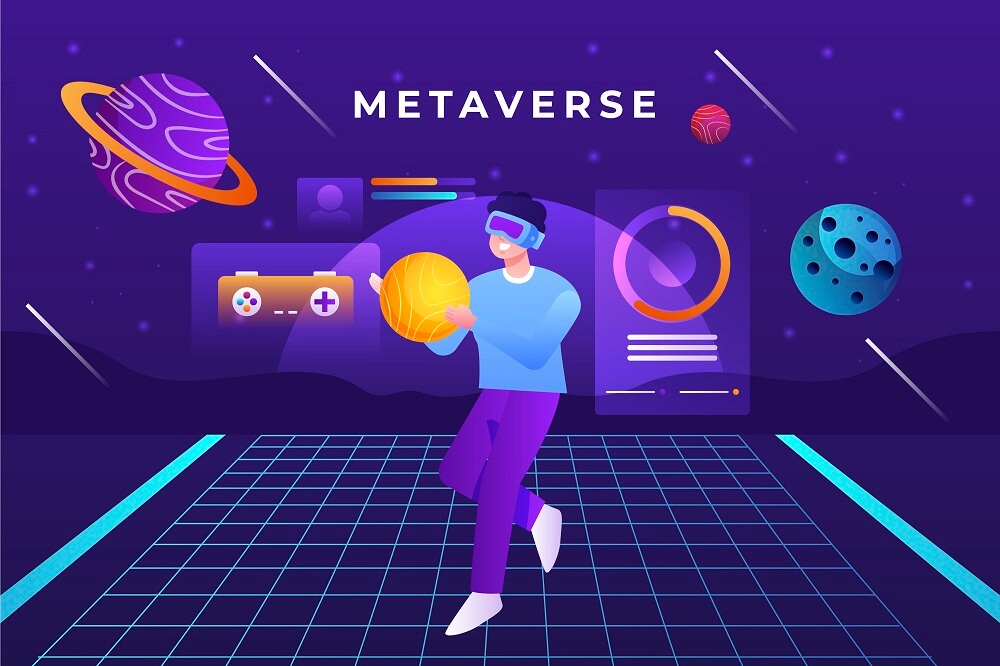
Artificial intelligence (AI) is a branch of computer science that aims to create machines and computer programs that can perform tasks that typically require human intelligence. For example, recognizing speech, understanding natural language, learning, problem-solving, and decision-making. There are different types of AI, including rule-based systems, decision trees, neural networks, and deep learning.
AI can be used in a variety of applications, such as self-driving cars, personal assistants, medical diagnosis, and robotics. The ultimate goal of AI research is to create systems that can perform any intellectual task that a human can and to do so with the same level of intelligence.

Types of AI
There are several types of artificial intelligence, including:
- Reactive Machines: Artificial Intelligence systems that can only react to the present and cannot use past experiences to inform future decisions.
- Limited Memory: AI systems that can use past experiences to inform future decisions, but only for a limited period of time.
- Theory of Mind: AI systems that possess a certain level of self-awareness and are capable of understanding the mental states of other entities.
- Self-Aware: AI systems that possess a high level of self-awareness and have a sense of self.
- Strong AI: AI systems that can perform any intellectual task that a human being can.
- Narrow AI: AI system is designed and trained to perform a specific task.
- General AI: AI system that can perform any intellectual task that a human being can.

Advantages of artificial intelligence include:
- Increased efficiency and speed in tasks such as data analysis and decision making
- Ability to process and analyze large amounts of data
- Ability to perform tasks that are dangerous or difficult for humans
- 24/7 availability
Disadvantages of artificial intelligence include:
- High costs of development and implementation
- Dependence on the quality and availability of data
- Potential loss of jobs as automation increases
- Ethical concerns such as bias and lack of accountability
- Security and privacy risks with the use and storage of personal data.



